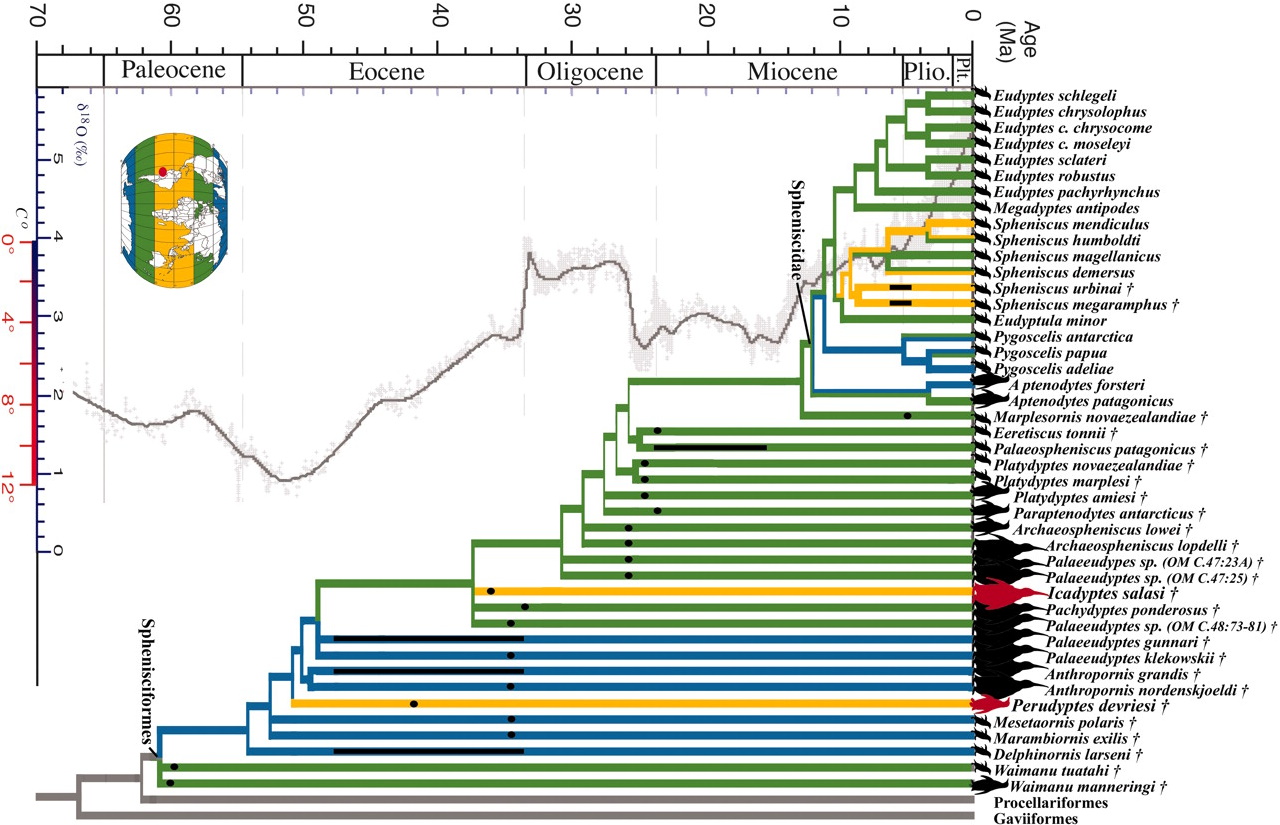Posted By News On October 22, 2014
The Endangered African penguin population has been rapidly decreasing since 2001. In the Western Cape of South Africa, penguins breed from February to September and moult between September and January, once chicks have fledged. If adult penguins begin the moulting process, a 21 day period where they no longer have the waterproofing necessary to dive for food, with chicks in the nest, the chicks may starve.
Southern African Foundation for the Conservation of Coastal Birds (SANCCOB) recovers 'abandoned' penguin chicks that are no longer being fed and cares for them until they can be reintroduced into breeding colonies. Researchers documented the care, release, and survival of over 840 and 480, in 2006 and 2007 respectively, hand-reared chicks.
Of those admitted, 91% and 73% respectively were released into the wild. Post-release juvenile and adult survival rates were similar to recent survival rates recorded for naturally-reared birds. By December 2012 researchers observed that 12 birds had bred, six at their colony of origin. The authors suggest that hand-rearing of 'abandoned' penguin chicks may be a useful conservation tool to limit mortality and to strengthen the population at specific colonies. "Over the last decade, food availability has decreased dramatically for penguins breeding in Western South Africa and many birds now struggle to rear their chicks before they need to initiate moult.
Hand-reared chicks can sustain populations in the short-term and help us understand how we might create new breeding colonies in areas of higher food availability," said Dr. Sherley.
Source: PLOS via Science Codex








No comments:
Post a Comment